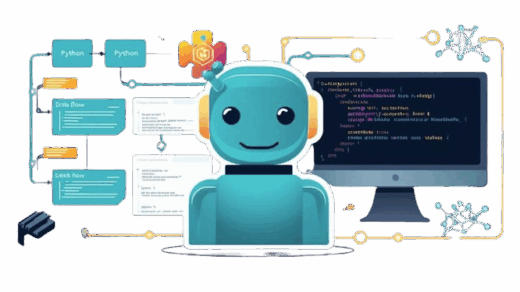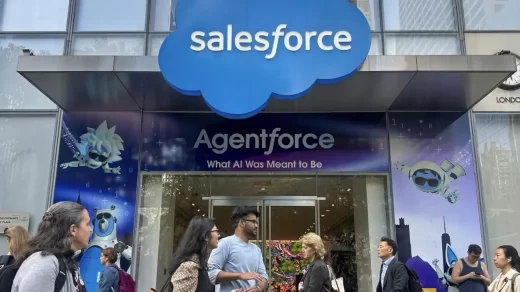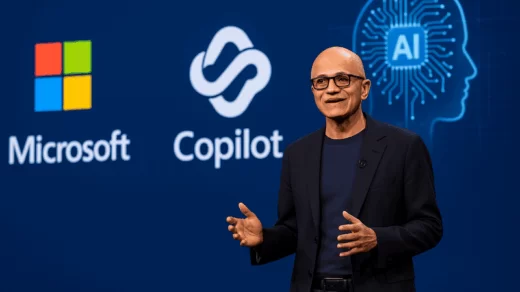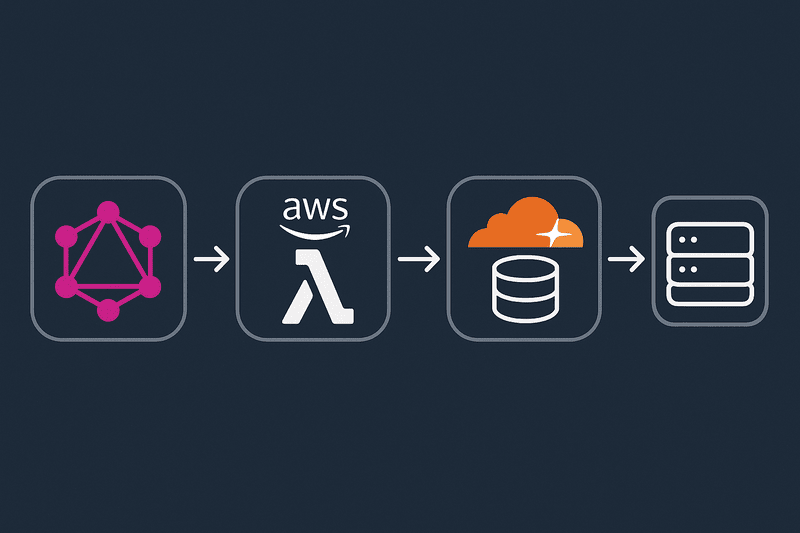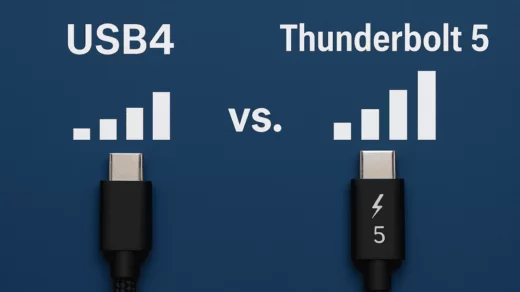Salesforce Acquires Informatica in $8 Billion Deal to Accelerate Agentic AI Strategy
In a major move to strengthen its artificial intelligence capabilities, Salesforce has announced plans to acquire cloud data management company Informatica in a deal valued at approximately $8 billion. The acquisition is aimed at enhancing Salesforce’s infrastructure for agentic AI—AI systems designed to operate autonomously across enterprise environments.
The agreement will see Informatica’s suite of data tools—including data integration, metadata management, governance, and privacy solutions—deeply integrated into Salesforce’s ecosystem. This includes core platforms like Data Cloud, MuleSoft, and Tableau, allowing Salesforce to create a more robust foundation for running AI agents at enterprise scale.
Why Informatica?
By bringing Informatica on board, Salesforce aims to ensure its AI-powered systems can rely on clean, unified, and trustworthy data—a crucial component in deploying autonomous agents responsibly. Salesforce CEO Marc Benioffcalled the combined stack the industry’s most complete “agent-ready” data platform, pointing to future growth in sectors like public services, healthcare, and financial services.
Informatica’s CEO Amit Walia echoed the sentiment, saying the merger would empower businesses to tap into the full value of their data in the age of AI.
What’s the Strategy?
Salesforce outlined a multi-pronged strategy that includes:
- Strengthening its customer data platform via Data Cloud.
- Building a solid foundation for Agentforce, its platform for deploying autonomous AI agents.
- Enhancing MuleSoft’s data flow with increased governance.
- Enriching insights for Tableau users with more contextually aware data.
- Expanding its CRM offering with higher data confidence.
The integration will also support Salesforce’s broader push into the $150 billion+ enterprise data market.
Industry Reactions & Challenges
The move has sparked mixed reactions. Gaurav Dhillon, co-founder of Informatica and now CEO of SnapLogic, acknowledged the deal’s strategic sense but warned of potential customer disruption—especially as overlapping platforms like Informatica and MuleSoft are merged. He pointed to the complexity of modern data integration and the difficulty of consolidating legacy systems in a GenAI-driven, cloud-first world.
What’s Next?
The acquisition is expected to close in the first quarter of Salesforce’s fiscal year 2027, pending regulatory approval. The company says the integration will happen quickly, with a focus on key verticals where AI readiness is becoming a competitive necessity.



